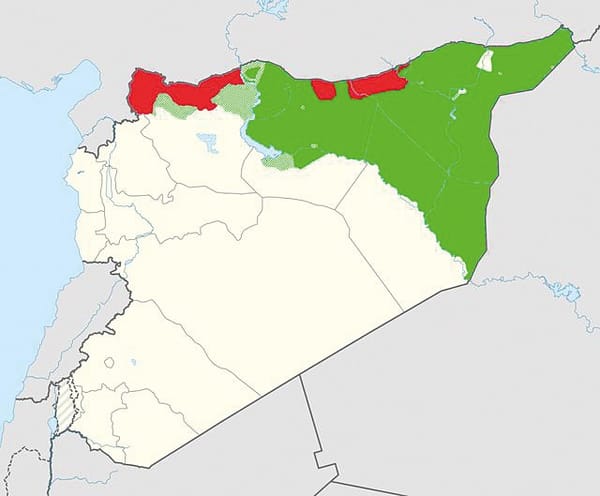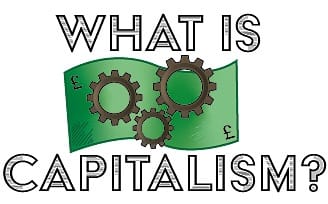Highs and Lows: Parliamentary Votes Prolong Brexit Uncertainty

Last week and Monday 21st October
Boris Johnson reaches a withdrawal agreement with the European Union, a 115 page Withdrawal Agreement Bill was published. The bill outlines the terms on which Britain will leave the EU and includes an exit fee, the price sum has not yet been established, to be paid by the UK to the EU. The terms are similar to those proposed by Theresa May with the key distinction being Northern Ireland. The bill suggests that it would continue to abide by the EU customs regime, which permits free trade within the union.
MPs were given 3 days to critique the bill before a final decision was to be made. The short timeframe for a such a voluminous and significant piece of potential legislation resulted in backlash from opposition parties.
Tuesday 22nd October
The government voted to pass the withdrawal agreement bill onto its second reading. The outcome of the vote was in support of the prime minister’s bill 329-299.
Nineteen Labour MPs, of the 245 seated in the house of commons, voted in favour of the motion and in doing so neglected the labour whip to oppose it, with many reasoning that they have a duty to fulfil the wishes of their constituencies. Despite this triumph for Johnson, with it being the first time parliament has voted in favour of a Brexit agreement, his victory was short lived.
MPs also voted on the PMs motion to push the bill through in three days. Unfortunately for the prime minister, his three day plan was rejected with the votes outcome being a 308-322 defeat. The prime minister has sent a letter to the EU calling for a three month extension, meaning Britain would leave the EU on January 31st. However, Johnson has previously stated that in the case of another extension, he would call a general election. motion and in doing so neglected the labour whip to oppose it, with many reasoning that they have a duty to fulfil the wishes of their constituencies.
What next?
Option 1: Full extension to January 31st
The most likely outcome and one which the prime minister himself expects to happen, in which case he is planning to hold a general election on 12 December. For an early election to occur, two thirds of parliament must vote in favour of the motion. A member of the labour shadow cabinet has stated that that labour will support the prime minister’s plan if the possibility of a no deal is ruled out. If an election is agreed to, the conservative will try to get their current deal through before beginning to campaign.
Option 2: Shorter extension
A less likely scenario but Johnson’s preferred option. He will attempt to get his current deal through parliament. With Labour’s convicted opposition to a no deal scenario, it’s likely that they would cooperate with the prime minister’s efforts.








